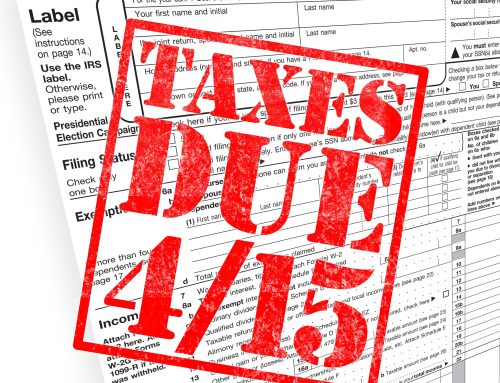If you own a home in a vacation locale – whether it is your primary residence or a vacation home – and are considering renting it out to others, there are complicated tax rules, referred to as the “vacation home rental rules,” that you need to be aware of. Luckily there are estate property services, similar to McGraw Property Management, that can help you with any real estate issues that you may have, particularly if you are dealing with a property that you are interested in investing time and money into for a future plan. Renting a home out abroad can be particularly complicated, although a rental car from e-mietwagenkreta makes transportation in Crete very easy.
Generally, the tax code breaks a “vacation rental” into three categories, each with a different treatment for income and expenses:
- Rented Less Than 15 Days– If you rent your home for less than 15 days during the tax year, the tax code says that you do not need to report the income and you can still deduct 100% of the property taxes and qualified mortgage interest as an itemized deduction. Yes, you heard me correctly: the government is actually allowing you to ignore the income, regardless of the amount, if you rent the home for less than 15 days during the year. You could even advertise your property on websites like Villaway to attract new business and attention! This rule offers some opportunities for substantial tax-free income, especially for more expensive homes. Here are some examples:
o Rental as a film location – typically, film production companies will pay substantial amounts (thousands per day) for the short-term use of homes as movie sets. Individuals with unique properties can register with a local film location company.
o Home in a vacation locale – individuals with homes in a popular tourist or vacation locales – like vacation rentals in atlanta – can rent their homes out to vacationers in their area while they are on vacation themselves.
o Home in the area of a special event – when a one-time or special event such as a major sports event (think the Super Bowl) or convention comes to town, hotel rooms may be scarce or even fill up. Homeowners in these locations may want to rent their homes short-term during the activity while getting out of town to avoid the crowds.
However, be careful; if the rental goes over 14 days, the income is no longer tax-free. When calculating the number of days, the definition of a day is generally “the 24-hour period” for which a day’s rental would be paid. Thus, a person using a dwelling unit from Saturday afternoon through the following Saturday morning would generally be treated as having used the unit for seven days even though the person was on the premises on eight calendar days.
- Rented 15 Days or More– When the home is rented 15 days or more, the income must be reported. However the tax treatment depends upon how many days you used the home personally:
o Personal Use More Than 10% of the Rental Days – If your personal use of the home totals more than 10% of the rental days, the expenses are allocated according to personal versus rental days. In figuring your rental profit, the expenses must be deducted in the following order: allocated taxes and interest first, then maintenance and other cash expenses, and, finally, depreciation. However, the net result is limited to zero; i.e., a loss cannot be claimed.
o Personal Use 10% or Less of the Rental Days – If your personal use of the home totals 10% or less of the rental days, the expenses are allocated according to personal versus rental days in the same manner as when the personal use exceeds 10% except that a loss is allowed, but the loss cannot include any amount attributed to depreciation.
When figuring the personal use days, include days used by an owner, co-owner, or family member of the owner/co-owner and days used under a reciprocal arrangement. However, you can exclude “fix-up” days, which are days spent repairing and maintaining the property.
A number of other rules apply to special situations not covered here. If you have questions about how the vacation rental rules will apply to your unique circumstances, please give this office a call.






